Why has nobody managed to make a good movie about Gertrude Bell? Her story is about as compelling as they come — one of the first women ever to take top honors as a history major at Oxford, Bell would go on to become essential to the British Empire’s nation-building efforts in what would become Iraq following years of exploration of the Middle East equal to anything T. E. Lawrence accomplished. But while Lawrence got a classic David Lean epic, Bell got a failed Werner Herzog biopic and this middling documentary. Where’s the justice?
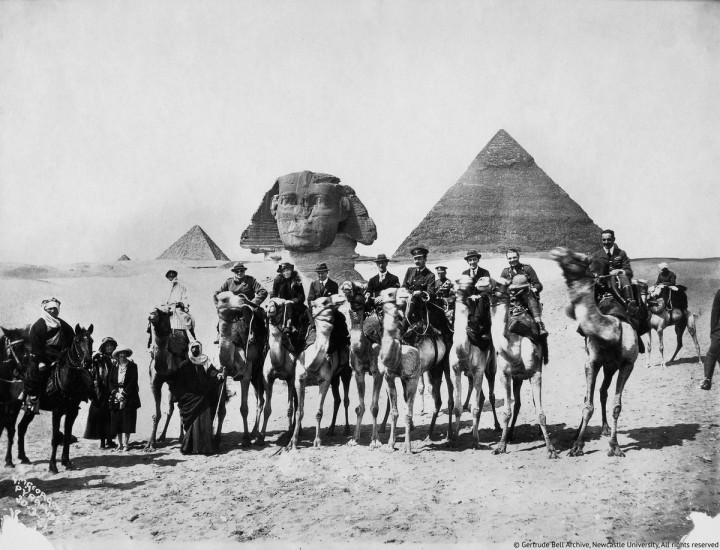 It’s not that Letters From Baghdad is a particularly bad film; it’s just that it feels more like an expensively produced History Channel affair (at least something from the era when History was producing actual historical docs rather than reality TV about blacksmiths) as opposed to anything that would warrant a theatrical release. Much of the blame for this can be laid at the feat of first-time doc directors Sabine Krayenbühl and Zeva Oelbaum, whose baffling stylistic choices effectively cripple an otherwise serviceable film.
It’s not that Letters From Baghdad is a particularly bad film; it’s just that it feels more like an expensively produced History Channel affair (at least something from the era when History was producing actual historical docs rather than reality TV about blacksmiths) as opposed to anything that would warrant a theatrical release. Much of the blame for this can be laid at the feat of first-time doc directors Sabine Krayenbühl and Zeva Oelbaum, whose baffling stylistic choices effectively cripple an otherwise serviceable film.
As the title would suggest, the primary source material for the film comes predominantly from Bell’s letters, as read by Tilda Swinton — a pretty standard approach for documentaries of this sort. The problem emerges with re-enacted talking head commentary from Bell’s contemporaries, a strategy that yields disconcertingly mixed results. While it may be a more creative means of providing necessary context for Bell’s first-person statements than a more traditional Ken Burns-style voice-over, the conceit feels forced in practice and too often reminds the viewer that we’re watching a particularly artificial construct.
Where Letters does work, however, is when Bell’s words and pictures are allowed to speak for themselves. The use of Bell’s archival photos is masterful, likely due in large part to Oelbaum’s background in photography, and they’re easily the highlight of the film as a whole. Coupled with Swinton’s exceptional intonation of Bell’s observations of the British government’s mishandling of her beloved second home and its desert inhabitants in the wake of World War I, the film’s true modus operandi becomes evident. Not much changed in the intervening decades between the imposition of Iraq as a nation state and U.S. intervention in the region at the turn of the 21st century, and it’s impossible to avoid the logical connections between Bell’s analysis of the conflicts exacerbated by that process and those still plaguing the region today.
So we have the story of an almost improbably accomplished adventurer, archaeologist, spy and statesman who just so happened to be a woman during an era when that fact alone could have precluded her from achieving much more than keeping house for a husband and popping out some babies. Why has this material proven so difficult for filmmakers to master? The answer may lie with Bell herself, who, despite access to her personal correspondences, remains a deeply enigmatic figure. It’s hard to truly understand what drove Bell, and beyond a few obvious platitudes, Letters does little to illuminate its subject. Not Rated. English with some Arabic dialogue. Now Playing at Grail Moviehouse.



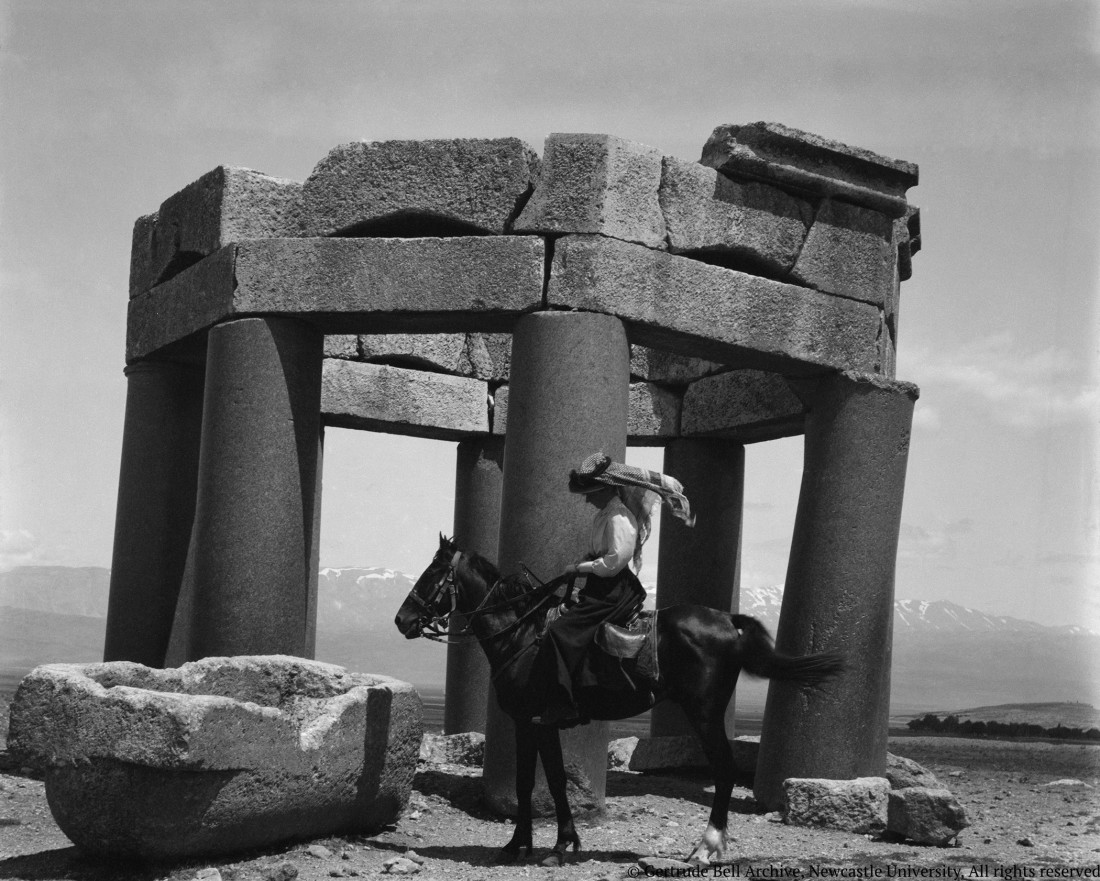
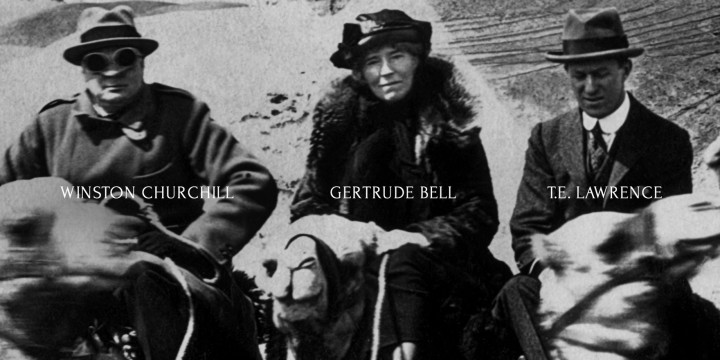
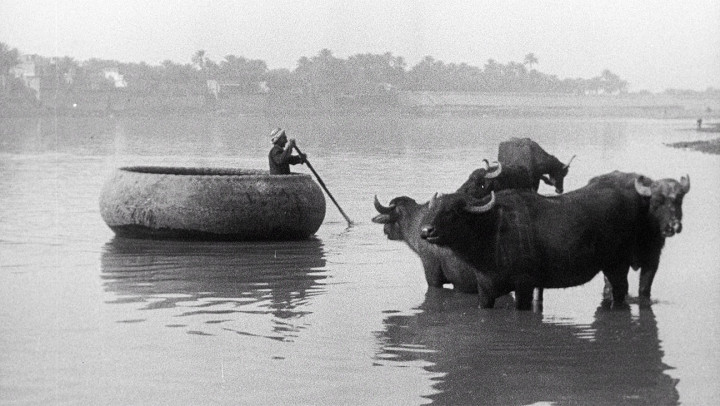
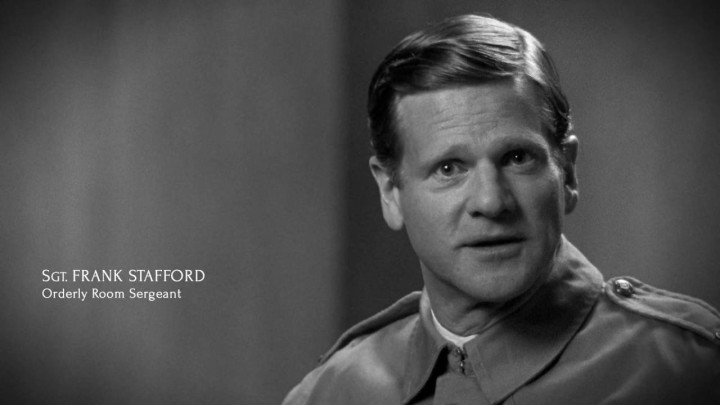
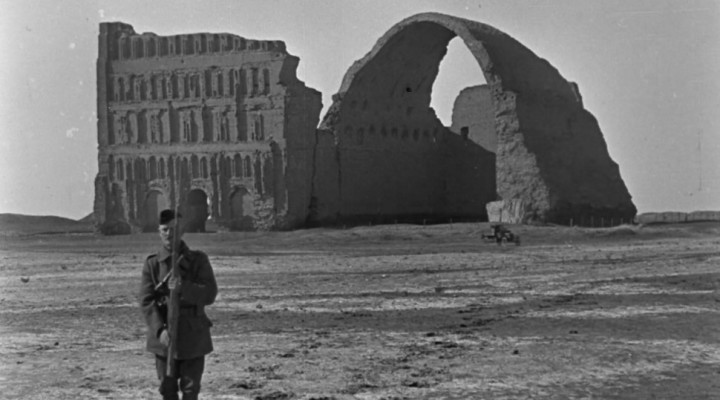
Before you comment
The comments section is here to provide a platform for civil dialogue on the issues we face together as a local community. Xpress is committed to offering this platform for all voices, but when the tone of the discussion gets nasty or strays off topic, we believe many people choose not to participate. Xpress editors are determined to moderate comments to ensure a constructive interchange is maintained. All comments judged not to be in keeping with the spirit of civil discourse will be removed and repeat violators will be banned. See here for our terms of service. Thank you for being part of this effort to promote respectful discussion.